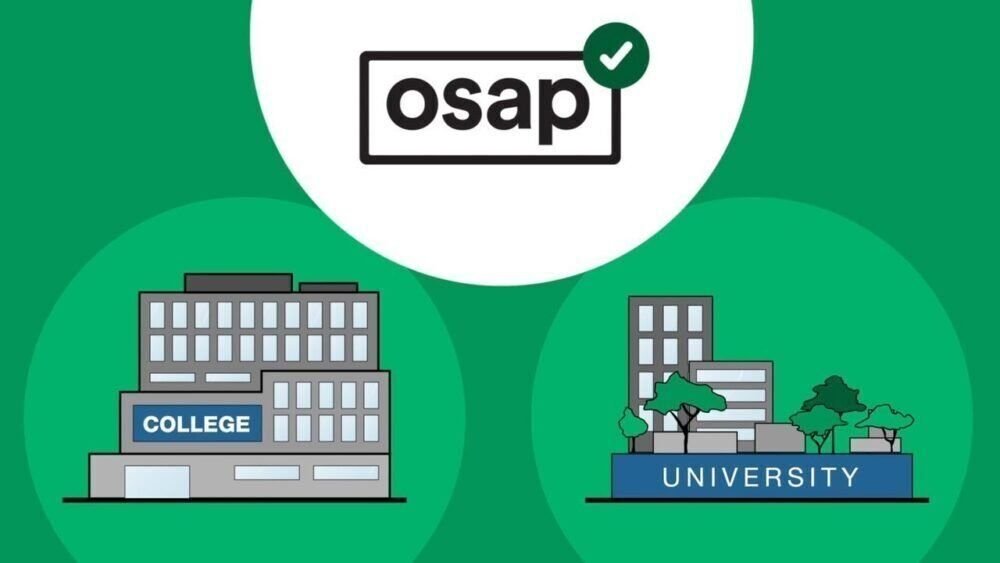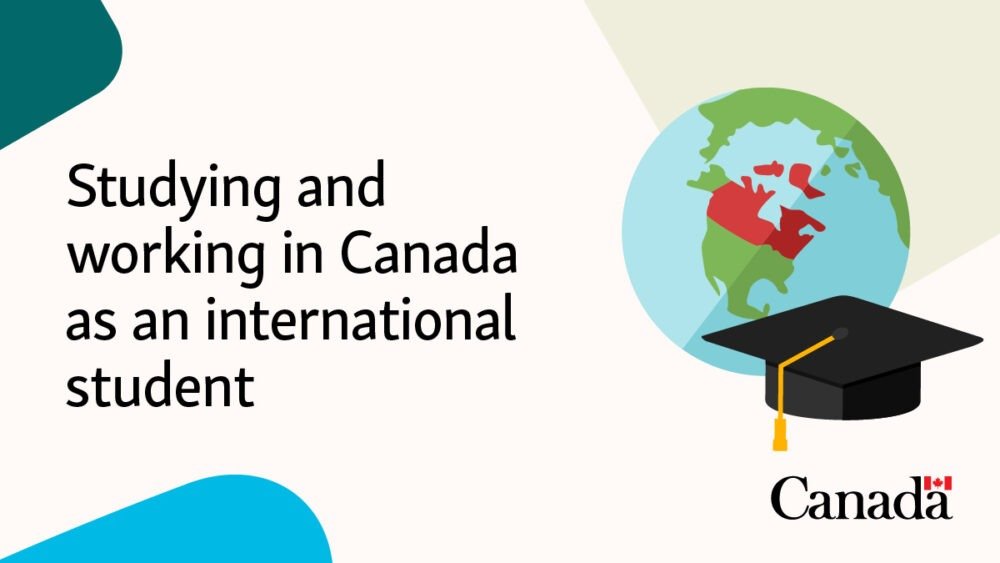
Why Language Skills Matter for Newcomers in Canada
Canada’s linguistic diversity is one of its strengths. English is the primary language in most provinces, while French dominates in Quebec and parts of Ontario, New Brunswick, and Manitoba. There are also francophone communities across the country, and Quebec has a significant English-speaking minority. Strong English or French skills are essential for:
- Securing employment: Many jobs, especially regulated professions, require fluency in English or French and familiarity with job-specific terminology.
- Pursuing education: Universities and colleges often require language proficiency tests like IELTS, CELPIP, TOEFL (for English), or TEF and DELF (for French).
- Accessing services: From healthcare to government resources, clear communication ensures you can navigate systems effectively.
- Supporting your family: Helping your children with schoolwork or engaging with their teachers is easier with strong language skills.
- Building community ties: Speaking the local language helps you connect with neighbors and participate in community events.
- Achieving citizenship: Language proficiency is a requirement for Canadian citizenship.
By improving your language skills before and after arriving in Canada, you’ll set yourself up for success. Let’s dive into three practical tips to enhance your English or French.
Tip 1: If You Speak One Official Language, Learn the Other
Why Learn Both Languages?
- Career edge: Bilingualism is highly valued in Canada, especially in government, education, and customer-facing roles. In bilingual regions like Ottawa or New Brunswick, employers often prefer candidates who can communicate in both languages.
- Community engagement: Speaking both languages allows you to connect with diverse groups, from francophone communities in Manitoba to anglophone minorities in Quebec.
- Personal growth: Learning a new language sharpens cognitive skills and deepens your understanding of Canada’s multicultural identity.
How to Start
- Use online resources: The Language Portal of Canada offers free tools, including vocabulary exercises and grammar guides, to improve your English or French.
- Practice daily: Watch Canadian TV shows (like CBC for English or Radio-Canada for French), listen to podcasts, or read local news in your target language.
- Join language exchange programs: Platforms like Tandem or Meetup connect you with native speakers for conversation practice.
By adding the second official language to your skillset, you’ll stand out in Canada’s competitive job market and feel more at home in your community.
Tip 2: Enroll in Language Classes
Government-Funded Language Classes
The federal, provincial, and territorial governments fund free language classes for newcomers. These programs, such as Language Instruction for Newcomers to Canada (LINC) for English or Cours de langue pour les immigrants au Canada (CLIC) for French, are designed to help you improve your language skills for daily life and work.
- How to access: Contact a local newcomer organization or visit your province’s official website for newcomers (e.g., Ontario’s Newcomer Services or Quebec’s Immigration Services).
- Assessment first: Before enrolling, visit a language assessment centre to evaluate your current skills. This ensures you’re placed in a class that matches your level.
Private Language Classes
If you prefer more flexibility or specialized instruction, private language schools offer paid classes. These are ideal for professionals needing industry-specific language skills or those preparing for tests like IELTS or TEF.
- Research options: Look for reputable schools like ILAC (International Language Academy of Canada) for English or École Québec Monde for French.
- Cost consideration: Private classes require payment, so compare programs to find one that fits your budget and goals.
Tips for Success
- Attend classes regularly and complete homework to reinforce learning.
- Supplement classes with apps like Duolingo, Babbel, or Rosetta Stone for daily practice.
- Engage with instructors and classmates to build confidence in speaking and listening.
Taking language classes provides a solid foundation for improving your English or French, helping you communicate effectively in professional and social settings.
Tip 3: Explore Bridging Programs with Language Training and Work Experience
What Are Bridging Programs?
Bridging programs help newcomers transition into the Canadian workforce by combining:
- Language training: Focused on job-specific vocabulary and communication skills.
- Work experience: Internships, co-op placements, or mentorship opportunities to gain Canadian experience.
- Credential recognition: Guidance on getting foreign qualifications recognized in Canada.
Why Choose Bridging Programs?
- Job-specific language skills: Learn technical terms and Canadian workplace expressions that may not be covered in general language classes.
- Networking opportunities: Connect with employers and professionals in your field.
- Improved employability: Gain hands-on experience that makes your resume stand out.
How to Find Bridging Programs
- Contact regulatory bodies: If you’re in a regulated profession, check with the relevant body (e.g., College of Nurses of Ontario or Professional Engineers Ontario) for recommended programs.
- Visit newcomer organizations: Groups like ACCES Employment (in Ontario) or Immigrant Services Association of Nova Scotia offer bridging programs tailored for newcomers.
- Check government resources: Websites like Settlement.Org or CICIC list bridging programs by province.
Success Story Example
Bonus: Test Your Language Skills for Jobs and Education
English Language Tests
- IELTS (International English Language Testing System): Widely accepted for immigration, jobs, and academic purposes.
- CELPIP (Canadian English Language Proficiency Index Program): Designed specifically for Canadian contexts, ideal for immigration and professional certification.
- TOEFL (Test of English as a Foreign Language): Commonly required by universities and colleges.
French Language Tests
- TEF (Test d’évaluation de français): Used for immigration, work, and academic applications.
- DELF (Diplôme d’études en langue française): Recognized internationally and suitable for professional and academic purposes.
How to Prepare
- Visit a government language testing centre or private school for test information and preparation courses.
- Practice with online resources or sample tests available on official test websites (e.g., IELTS.org or TEFCanada.com).
- Schedule your test early to meet application deadlines.
Having a language certificate can boost your resume and increase your chances of success in Canada’s competitive job and education markets.



















